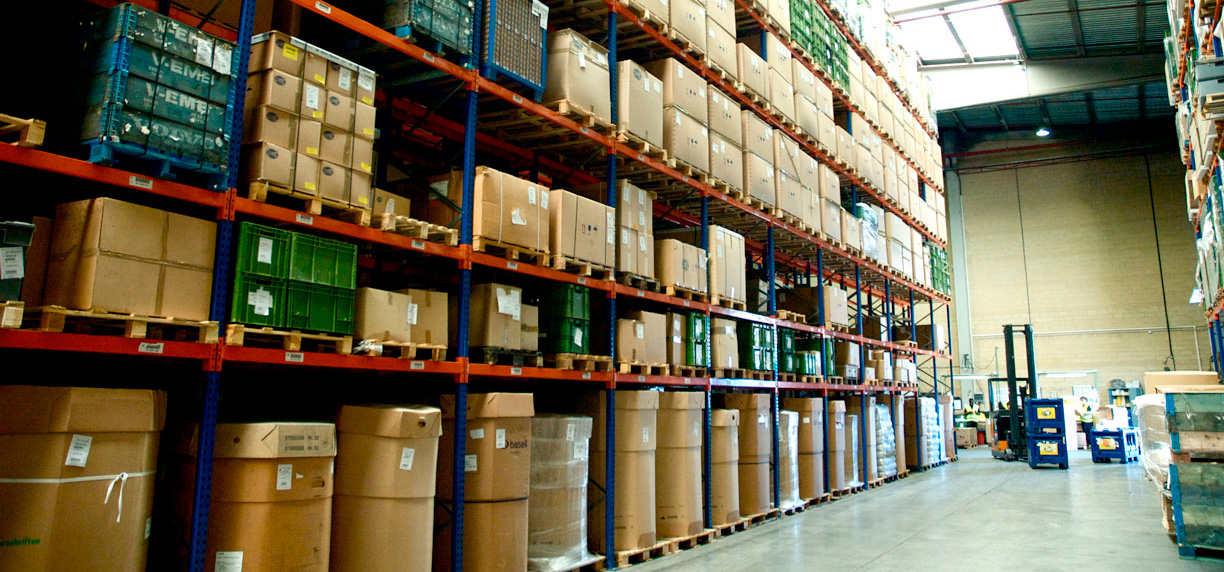
Turn your fixed cost
into variables costs
Why do companies outsource?
Outsourcing services, or externalisation, is one of the most profitable business practices, providing a useful business tool to help expand and increase the productivity of commercial activity. It involves contracting an external company specialising in executing production and logistics services to carry out these functions.
They must not form part of the main company’s Core Business.
They must be substantively within the company’s activities, and provide the mechanical means and knowledge of the activity in question.
The boundaries within the total activity must be well defined.
The type of benefits obtained depends on the level of externalisation required. We identify three levels:
- Low level of value added: where tasks involving peripheral tasks with no value added for the company are subcontracted. The aim in this instance is simply to avoid management problems and involvement in activities that generate no value for the company.
- Medium value added: where externalised activities are those whose aim is to improve unit costs and the level of service provided. These activities are very important for the correct functioning of the company, although they do not fall within its core business
- High value added: where processes whose purpose is to obtain optimum performance and provide continued value added for the company are subcontracted, making the subcontractor a useful and strategic partner that provides competitive differentiation. The externalisation company becomes an industrial partner through which it generates competitive advantage.
- Reduction in fixed costs
- Elimination of hidden costs
- A more flexible workforce
- Improved quality of service delivered to clients
- Greater ability to react to market changes
- Etc.
Choosing a supplier of Logistics Services and Management is a demanding process. The selected company must offer its clients the required guarantees adapted for each type of business, also problem solving capability, reliability and competitiveness.
- Conversion of fixed costs into variable ones: the contractual relationship with the company is established as production units that becomes variable global in line with production levels;
- Elimination of hidden costs
- Flexibility in the face of possible variations in workload: the peaks and troughs in the production curve are assumed by the company to which the service is externalised;
- Better financial ratios: costs in other areas are avoided and Human Resource payments are consolidated in deferral periods
- Reduced complexity of business: management time and resources are not wasted on areas that do not belong to the core business;
- Visibility and transparency: once the in-company services are provided, the results of processes remain visible;
- Improved operational efficiency: on delegating the execution of these tasks to a specialised company, access to the latest technological advances in the relevant areas is obtained, without the need to generate additional costs;
- Reduction in risks associated in “in sourcing” (investment, management of collectives);
- Flexibility through adapting to market needs and trends;
- Clearer administration and management of logistics and production costs;
- Reduction in investor risk as the service company assumes said risks
- Increased productivity and service levels as the company then employs all its resources on the main engine of the business;
- Possibility of moving personnel to other areas and the amortisation of logistics system equipment.